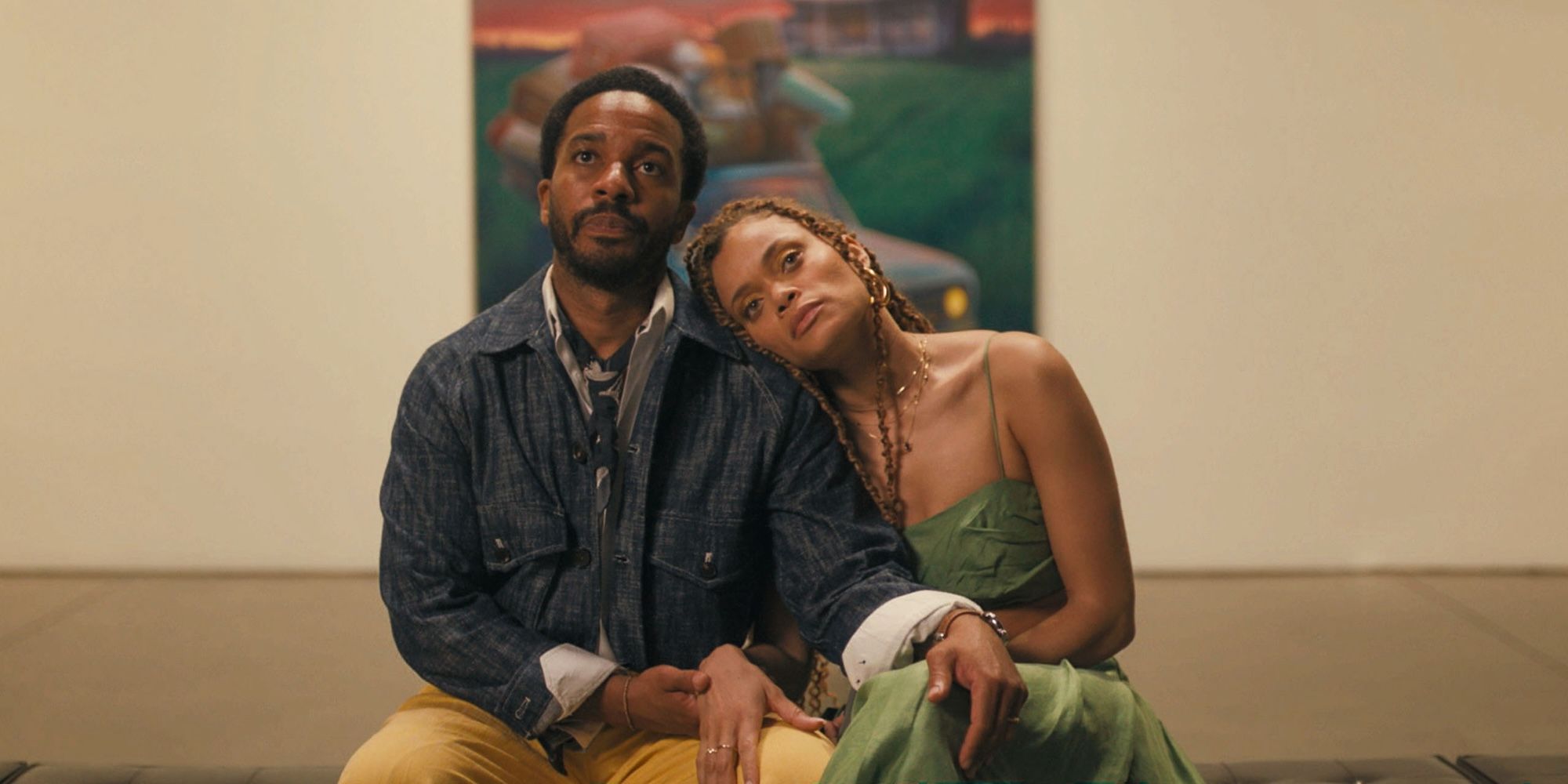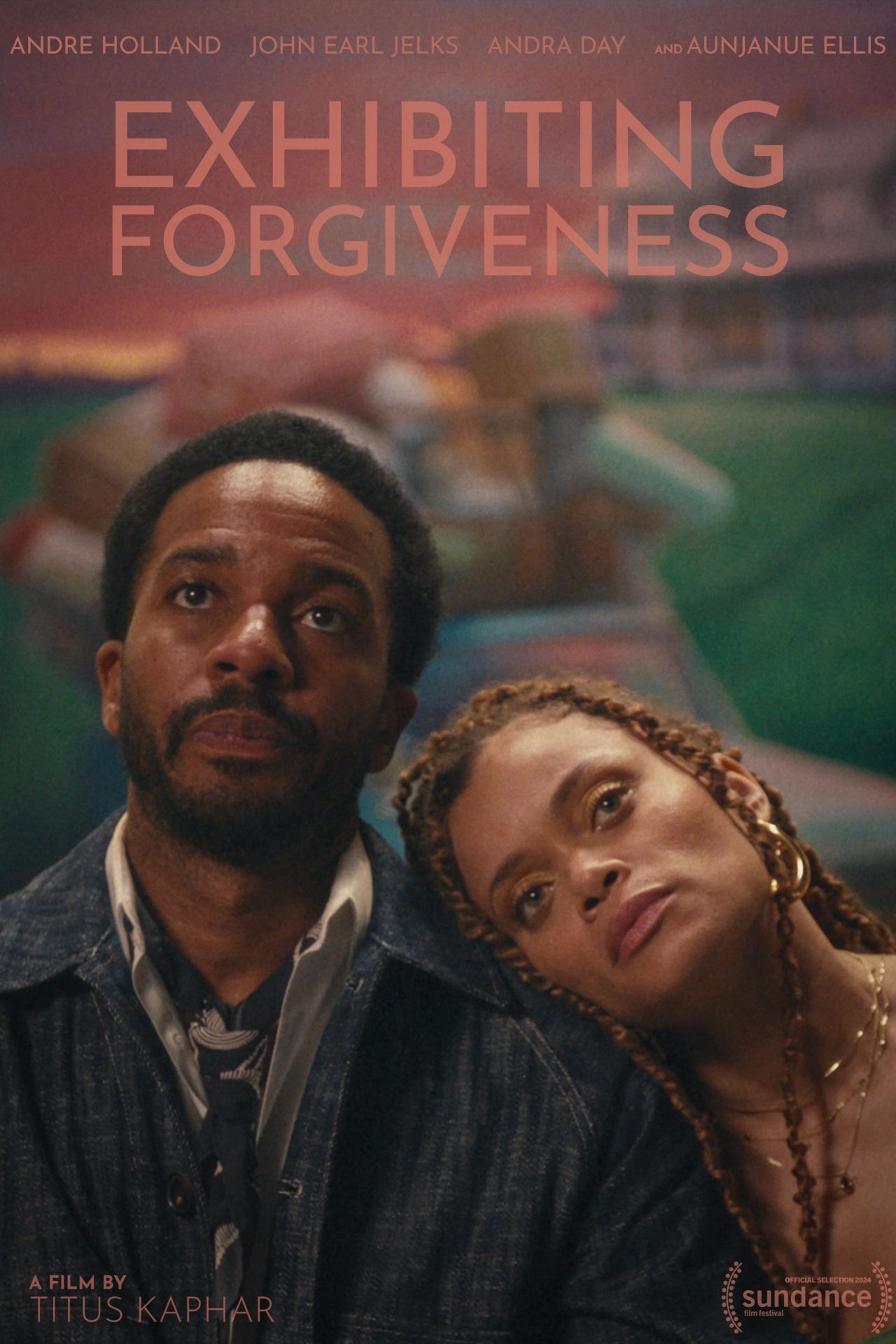Titus Kaphar’s directorial feature debut, Exhibiting Forgiveness, is essentially an emotional tale of fathers and sons, anchored by André Holland’s dominant performance.

An esteemed painter himself, Kaphar turned to filmmaking in 2022, with his documentary Shut Up and Paint, which was shortlisted at 2022 Oscars.
Andre Holland (known for Moonlight and Passing) stars alongside Oscar nominee Andra Day (U.S. Vs. Billie Holiday) and Aunjanue Ellis-Taylor (King Richard) in Sundance Fest premiere about a father’s attempts to reconcile with his son.
Holland plays Tarrell, a painter plagued by nightmares of his past. When his terrors get particularly bad, Tarrell retreats to his home studio.


A Black artist on the rise to fame has his future thrown in jeopardy when his estranged father arrives seeking to reconnect with his son, only to discover that forgiveness is only one part of the battle to recovery.
Tarrell, La’Ron, and Joyce might never reach agreement about the problems of their family dynamics, but the film is about making a conscious decision to facilitate a future of generational healing, future where children aren’t subjected to relentless criticism or tough love treatment as educational means about the socio-political reality.
Kaphar’s feature offers a transcendent experience that could make open-minded viewers confront their own personal demons and familial traumas. The aptly titled film suggests that generational trauma can be broken, and healing is a possibility.










